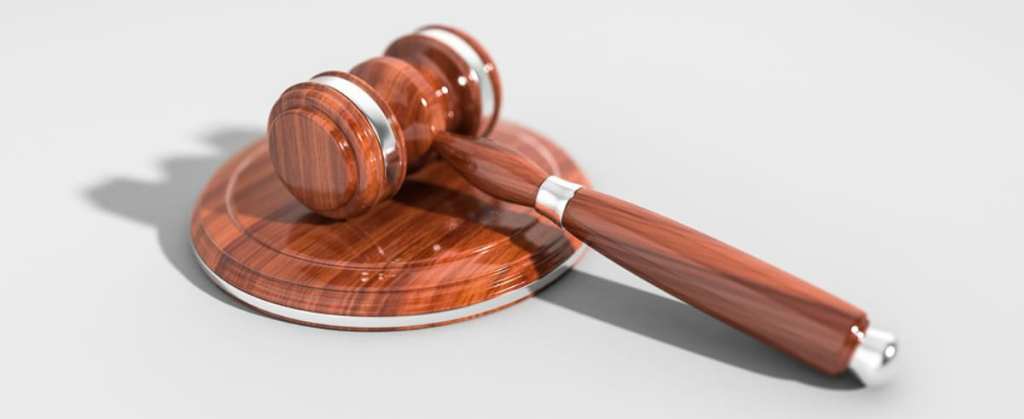Trending Now
In the current political, um, climate (let’s go with the nice word), there’s been plenty of talk about presidential pardons. Even though every President has used them here and there, it seems as if we’re all a bit more aware of when and how they’re happening. But is it possible to refuse one if it’s offered to you?
Crazy to think that someone would, given that the alternative is likely jail, but if you did have your reasons…what then?
Believe it or not, there is some political precedent, though the answer is still murky at best.

Photo Credit: Pixabay
First, it’s important to understand whether it’s a commutation or a pardon. The president has the ability to offer both, explains Georgetown law professor Randy Barnett, but the former is a lowering of the penalty as opposed to a full forgiveness of a crime.
It’s important because whether or not you can refuse depends on which one you’re being offered. Check out the three cases below if you’re interested in better understanding how and why a person might be able to flip the president the proverbial bird.

Photo Credit: Pixabay
In 1830, Wilson and co-conspirator James Porter were sentenced to death after being convicted of robbing and threatening a U.S. postal worker. Porter was executed just over a month after the conviction but President Andrew Jackson pardoned Wilson as he was awaiting sentencing for other crimes. Wilson, for unknown reasons, waived the pardon.
In 1833 the Supreme Court ruled that a “pardon is a deed, to the validity of which delivery is essential, and delivery is not complete without acceptance. It may then be rejected by the person to whom it is tendered, and if it be rejected, we have discovered no power in a court to force it on him.”
2. Burdick v. United States
This case, decided in 1915, also affirmed a person’s right to refuse a presidential pardon. George Burdick, city editor of the New York Times, refused to testify in a court case involving customs fraud by invoking his 5th Amendment rights. President Wilson gave him a pardon in order to protect him from incriminating himself on the stand in order to try to force the journalist to reveal his sources. It didn’t work, as Burdick refused the pardon and was found guilty of contempt.
3. Biddle v. Perovich
Th3 1927 ruling in this case muddied the waters, if only a bit. It dealt with accused and convicted murderer Vuco Perovich, who had been sentenced to hang for his crime until President Taft commuted his sentence to one of life in prison. He eventually filed a writ claiming that the commutation was done without his consent, but the Court ruled that “the convict’s consent is not required.”
Legal scholars have questioned over the years whether this ruling invalidates the two previous, but it seems clear that a commutation and a pardon are viewed differently under the law. Justice Oliver Wendell Holmes argued in favor of that fact, saying that the decision seems to “clearly indicate that by substantiating a commutation order for a deed of pardon, a President can always have his way in such matters, provided the substituted penalty is authorized by law and does not in common understanding exceed the original penalty.”
Long and short? You can refuse an outright pardon, but if a President has it in his head to get his way regarding a reduction of sentence, for whatever reason, you’ve got little say in the matter.
Now you know!






